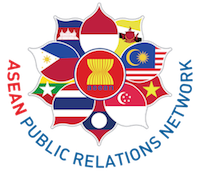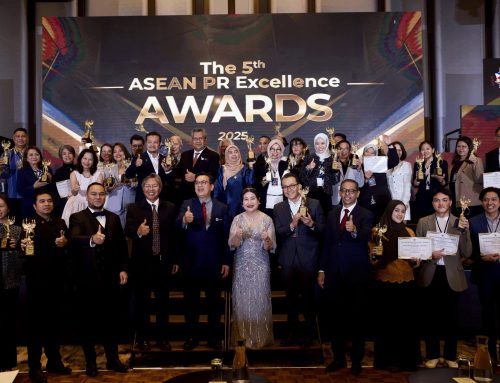Two hundred million. Five hundred million. A billion. These are just some of the scary predictions experts have made about the number of jobs that will be destroyed by software and robots in the next decade or so. It’s easy to feel bummed out when you read these forecasts — and the last thing we need right now is yet more bad news, in the midst of this depressing Brexit mess.
But there’s no hiding from the fact that technology change is continuing to speed up — and artificial intelligence (AI) in particular could well be about to shake up the economy, with profound consequences for the work we do.
The reason that AI is likely to be so consequential is that it involves making intelligent machines, meaning these technologies would be able to carry out tasks that right now only humans can do, like driving cars or investing in the stock market.
That’s why many boffins are pessimistic about the prospects for us poor humans — and why there are so many apocalyptic predictions out there about just how screwed we’re going to be in the years to come.
But what if the future isn’t going to be as grim as the forecasts suggest? What if the days ahead turn out to be more complex and surprising than it’s often assumed? Certainly what’s going on in the world of science right now, unbeknown to almost everyone else, suggests this may well be the case. As science fiction master William Gibson memorably put it: “The future is already here; it’s just not evenly distributed.”
So what might science teach us about how technology will affect the labour market and the jobs we do? To find out, we need to don our beachwear and go to Cancun in Mexico, where hundreds of scientists recently met up for an academic conference.
The event brought together the world’s leading biochemistry researchers to share their latest work on what’s known as the “protein-folding problem”, one of the biggest challenges in science. Proteins are often called the building blocks of life, because they’re the complex molecules responsible for many of the body’s functions, from transporting oxygen to fighting off diseases.
The protein-folding problem is like a fiendishly difficult origami puzzle, because it turns out that even if you know what the genetic code of a protein is, it’s incredibly difficult to predict what the 3D shape of that protein will end up looking like.
In fact, there are so many possible ways the protein could end up folding and twisting that it could take longer than the age of the universe to work through all the possible configurations before you get to the right result.
If you can crack this issue, it will help researchers understand how specific proteins work in the body — potentially leading to new treatments for diseases such as Alzheimer’s and Parkinson’s. What’s more, you might also be able to design new types of proteins altogether, which could yield breakthroughs in important fields such as sustainable energy.
Academics have spent decades working on this challenge — but when they arrived at Cancun, something dramatic happened. A team from London with no background in this area showed up, and blew everyone away — beating all the other academic groups, and demonstrating what the organisers described as “unprecedented progress” in the field.
The team was part of DeepMind, the British technology company that is seen as the world leader in AI. It rose to global prominence in 2017 when its sophisticated software beat the number-one ranked player at Go, which was long considered a board game at which computers could never overcome the top human brains.
For the protein-folding problem, DeepMind used its AI software to analyse vast amounts of data and find patterns far faster than any regular scientist could ever do— but this brute-force computing power was allied with the creativity of the humans on its team, who used the analysis to develop new insights and breakthroughs.
As DeepMind’s co-founder Demis Hassabis has pointed out, using AI in this way “allows us to be much more creative, to try many more ideas, often in parallel”. In other words, the advanced technology wasn’t used to replace human scientists — it complemented their skills, making them more effective and productive.
You find the same thing across the scientific world. Take astronomy, where scientists are grappling with the enormous amounts of data being collected about the universe and the challenge is making sense of it all (For example, the Square Kilometre Array, a vast telescope being built in South Africa and Australia, will generate 35,000 DVDs worth of data every second, equivalent to the entire World Wide Web every day).
As with protein folding, astrophysicists are starting to use AI to come up with new scientific discoveries and theories — and the results are starting to flow. The physicist Kai Polsterer is one of the pioneers of this approach, and likes to talk about how AI can help with much of the heavy lifting, leaving human scientists free “to do the cool, interesting science on your own.”
What we’re starting to see in science — humans working in tandem with increasingly intelligent machines — may end up being closer to the future ahead than any apocalyptic prediction about how robots are going to destroy our jobs and leave us on the sidelines.
For sure, there will be turbulent days ahead, but perhaps what lies in store is less about humans competing against the robots, and more to do with us working creatively with AI-enabled machines to achieve more than we ever could before.
That’s a future that promises to be much more complex than experts would have us believe — and much more interesting too
Written by : Ms. Jennifer Muir – PR Institute Australia





